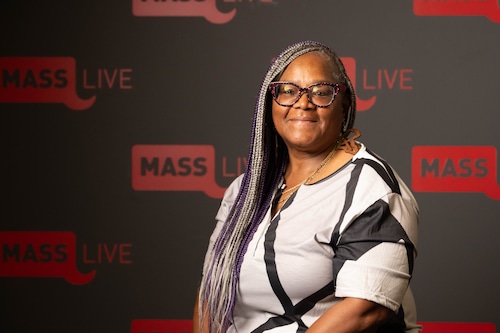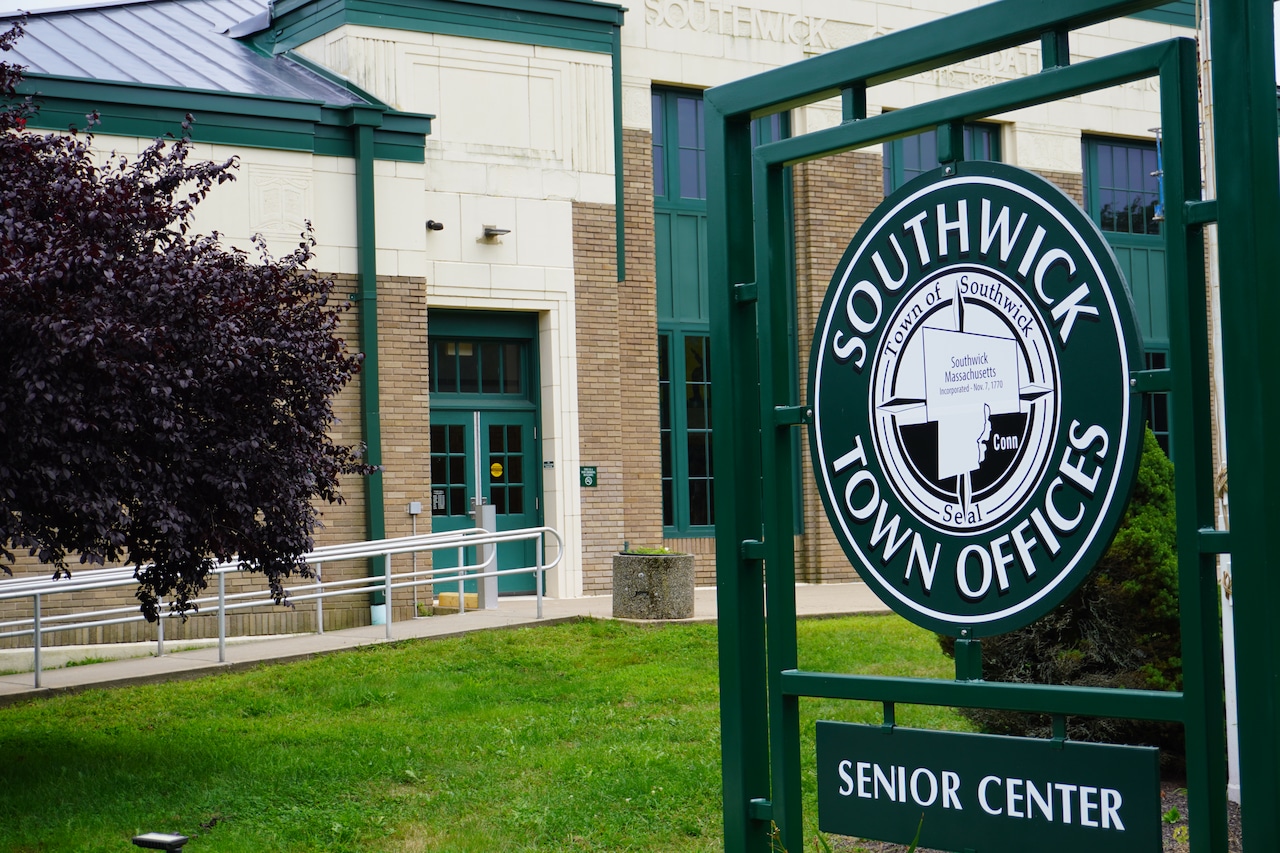MassLive recently asked readers to identify people they consider Black leaders in Massachusetts, working to make a difference in politics, education, business, the arts or another area of interest.
Profiles of these leaders will be published leading up to the Juneteenth holiday on June 19. These are people our readers have identified as inspirational, who may be doing good acts for their communities. They are being recognized for their accomplishments, leadership and commitment to inspire change.

Ethel L. EverettSebastian Restrepo
Ethel L. Everett
Age: 62
Community: Springfield
Her story: As a labor activist for the Black community in Springfield, Ethel L. Everett has donned many hats. During her 30-year career as a social worker for the Department of Children and Families, Everett has been the president of her chapter through the Service Employees International Union Local 509, a Labor Notes Race and Labor Facilitator, a national member of the Black Workers Center Task Force, the Eastern Region Secretary for SEIU’s African American Caucus, the Chair of the Western Mass Area Labor Federation’s Racial Justice Committee, on the DCF Chapter Multi-Cultural/Multi-Lingual Committee, and is the current president of the federation’s Pioneer Valley Assembly.
In her numerous roles, Everett has consistently pushed for worker rights and Black worker rights for racial and economic justice. When she founded the Racial Justice Task Force through her work with her union, she hoped to increase awareness and education around discrimination against Black people and how discrimination affects the work unions do.
“The goal of the task force is to get us thinking about how racial justice has a huge impact on the work we are facing within the unions,” Everett said. “We want to get people to understand the civil rights and labor movement.”
Everett was inspired to get involved with racial justice through attending a statewide people of color meeting by a supervisor early in her career at the DCF. It was there she learned about disparate treatment of people of color in the workplace and workforce and realized that she could have a lasting impact on fighting workplace discrimination in her community. However, her activism was met with negative attention.
“I didn’t know that advocating within my community would bring such a negative focus to me personally,” Everett said. “While I would advocate for children and families in my community, I found that as a Black worker I would be referred to as aggressive, loud, out of control, bully, defiant, emotional, over involved, [having] poor judgment, intimidating, scary, angry. These words definitely didn’t describe me, or my co-workers, who were advocates who cared, supported, nurtured, and educated our families.”
Everett continues to fight for the labor rights of working class people, especially for people of color, and against all injustices in her community.
“I believe that it is the obligation of us all to assure that the less, loss, and last have a voice.”
In her words: “The process of learning and evolving never ends. You have to also not be afraid to use your allies to learn from them to get support from them but also to educate them about your needs that are different from their needs.”
We’re always open to hearing about more inspiring people. If you’d like to suggest someone else who should be recognized, please fill out this form.





